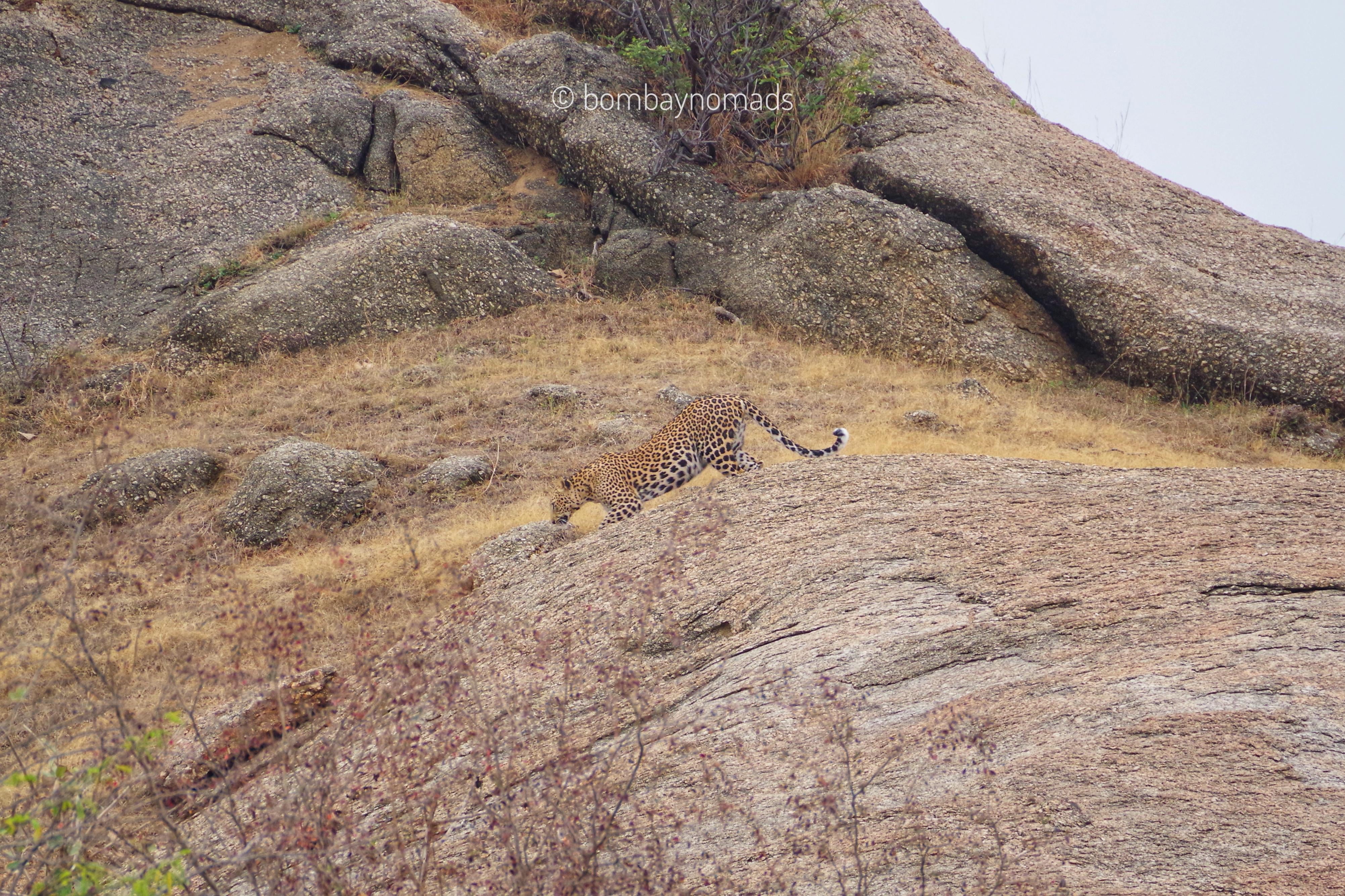[ad_1]

Jawai Hills in Rajasthan, India, is a unique habitat for leopards due to the rocky terrain and abundant water sources. The leopards in this area have adapted to their surroundings, often hiding in caves or crevices in the rocky landscape. They are known to coexist with the local Rabari tribe, who rely on the land for their livelihood.
The leopards of Jawai Hills play a crucial role in maintaining the ecosystem by controlling the population of herbivores such as deer and antelope. This helps prevent overgrazing and ensures a balance in the food chain. Despite their importance, these leopards face threats from human activities such as poaching, habitat loss, and conflict with livestock.
Conservation efforts in Jawai Hills aim to protect the leopard population while also ensuring the safety of local communities. Initiatives such as creating buffer zones around leopard habitats, providing alternative sources of income for the Rabari tribe, and raising awareness about the importance of these animals have been implemented to mitigate conflicts and protect the species.
Overall, the leopards of Jawai Hills are an integral part of the local ecosystem and cultural landscape. By fostering coexistence between humans and wildlife, conservationists hope to ensure the long-term survival of these magnificent predators in their natural habitat.
